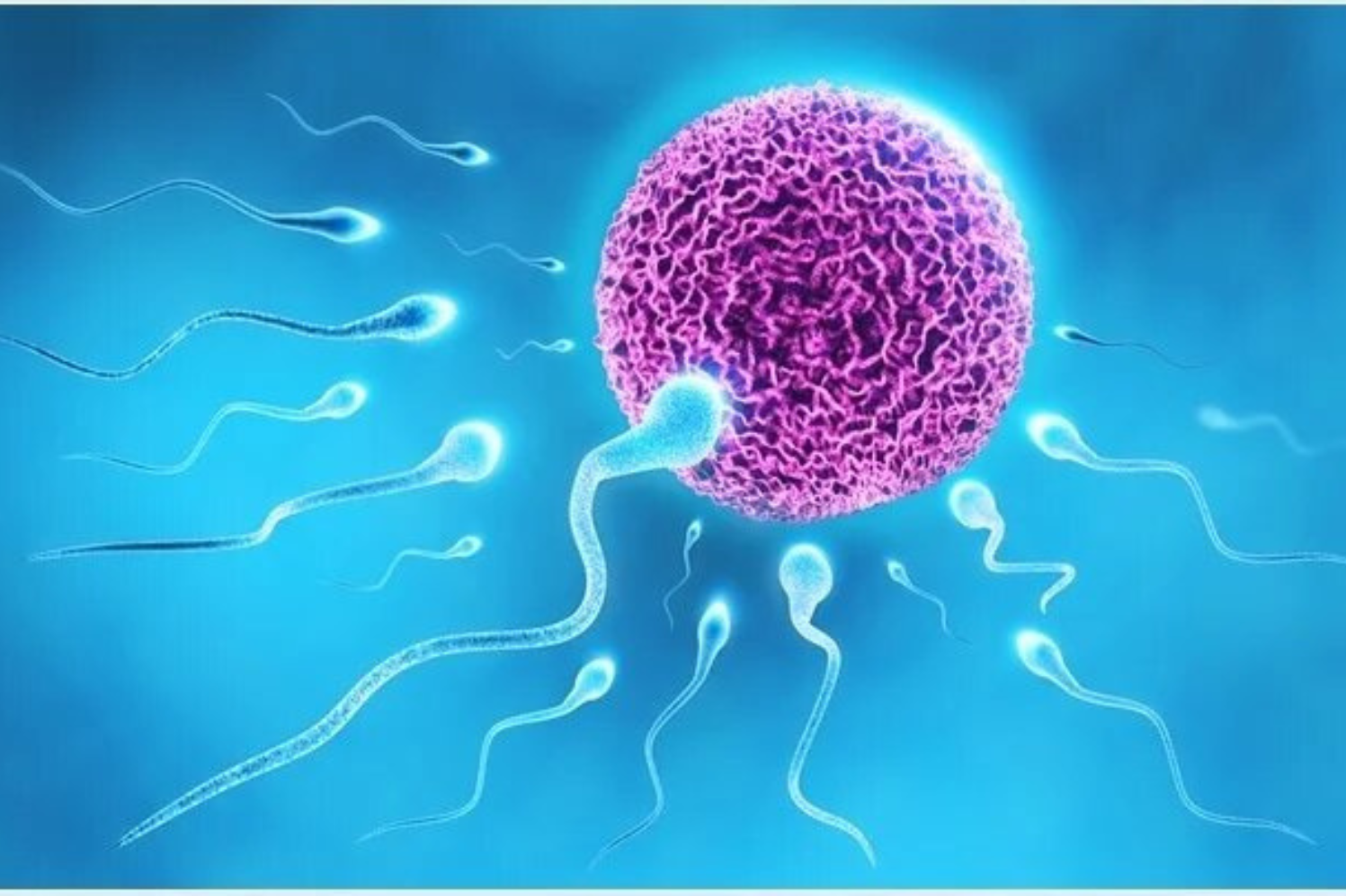BLOG

Oct 24,2023
Navigating Declining Sperm Count: Causes and Solutions
It is widely known that fertility rates have been declining globally. Particularly, there has been a notable decrease in sperm counts among men in developed countries over the past few decades. This concerning pattern has sparked significant concern as it directly affects human reproduction.
In this blog post, we will thoroughly examine the subject of declining sperm count, exploring its potential causes, complexities, and viable solutions.
What is Sperm Count?
Before delving into the matter at hand, it is crucial to grasp the true essence of sperm count. Sperm count denotes the quantity of sperm found in a specific sample of semen. Typically, a healthy sperm count ranges from 15 to 200 million sperm per milliliter, with an average of approximately 80 million.
The sperm count plays a vital role in male fertility, as it directly impacts the chances of fertilization and conception. A higher sperm count increases the likelihood of natural conception for couples.
How Has Sperm Count Decreased?
Many factors have been attributed to the decrease in sperm count over the years.
Lifestyle Factors: Beyond The Aesthetics
a. Poor Diet
Diets that are abundant in processed foods and deficient in essential nutrients have been associated with diminished sperm quality and quantity. The absence of vital vitamins and antioxidants impairs the production and mobility of sperm cells.
b. Sedentary Lifestyle
Lack of physical activity not only leads to obesity, but it can also increase scrotal temperatures, negatively impacting sperm production. Conversely, engaging in regular exercise not only improves overall health but also boosts fertility.
c. Stress
Chronic stress activates the release of cortisol, a hormone that disturbs the delicate equilibrium of reproductive hormones. Prolonged stress has a detrimental effect on sperm production, resulting in reduced fertility.
d. Obesity
Excessive body weight has been associated with reduced sperm count and quality, primarily due to hormonal imbalances. Moreover, obesity elevates the risk of conditions such as diabetes and heart disease, further impacting fertility.
e. Smoking and Excessive Alcohol Consumption
These factors not only decrease sperm count but also impair the quality and motility of sperm cells. Smoking, in particular, induces oxidative stress, which damages DNA and diminishes overall semen quality.
Environmental Factors: The Silent Threat
a. Endocrine Disruptors
The extensive usage of chemicals in plastics, pesticides, and personal care products exposes individuals to endocrine disruptors. These compounds disrupt hormonal regulation, resulting in imbalances that impact both the quantity and quality of sperm.
b. Radiation Exposure
Extended exposure to electromagnetic radiation from devices like laptops and smartphones can harm sperm production. Proximity to the groin area increases the risk, emphasizing the need to minimize exposure for reproductive health.
Medical Factors: The Importance of a Comprehensive Evaluation
a. Varicocele
Varicoceles are dilated veins in the scrotum that disrupt blood flow, resulting in elevated scrotal temperatures. This condition adversely impacts sperm production and can be rectified through surgical intervention, leading to substantial enhancements in fertility outcomes.
b. Sexually Transmitted Infections (STIs)
Untreated STIs, like chlamydia and gonorrhea, have the potential to cause inflammation and scarring in the reproductive organs. These complications can significantly impair both sperm production and motility, leading to fertility issues.
c. Hormonal Imbalances
Hypogonadism is a condition with insufficient testosterone production, causing hormonal imbalances that affect sperm production. Hormone replacement therapy, administered under medical supervision, can effectively restore hormonal balance and alleviate associated symptoms.
The Age Factor: Paternal Aging and Sperm Quality
While maternal age receives much attention in fertility discussions, it's crucial to recognize the impact of paternal age. Advanced paternal age is linked to genetic mutations and a decline in sperm count and motility. As men age, changes occur in their reproductive system that affect the quality and quantity of sperm.
Addressing the Issue: Solutions and Lifestyle Changes
Healthy Diet and Exercise
a. Nutrient-Rich Diet
Promote the intake of fruits, vegetables, whole grains, and lean proteins. These nourishing foods are rich in vital vitamins, minerals, and antioxidants that are crucial for maintaining healthy sperm and overall well-being.
b. Regular Exercise
Encourage regular physical activity to support a healthy weight and lower stress levels. Exercise not only improves cardiovascular health, but also positively impacts hormonal balance, which in turn promotes optimal sperm production.
Reducing Exposure to Environmental Toxins
a. Avoiding Endocrine Disruptors
To minimize exposure to harmful chemicals, make conscious choices such as opting for BPA-free products, using natural cleaning agents, and preferring organic foods. By being aware and making these decisions, you can significantly reduce the intake of endocrine disruptors.
b. Limiting Radiation Exposure
It is advisable to use radiation shields for laptops and to keep smartphones away from the groin area, especially during extended use. It is crucial to raise awareness about safe practices when using electronic devices.
Medical Interventions
a. Varicocele Repair
Varicocelectomy, the surgical correction of varicoceles, aims to restore normal blood flow by sealing off the affected veins. This procedure has a significant impact on sperm count and motility, ultimately enhancing fertility potential.
b. Hormone Therapy
In instances of diagnosed hormonal imbalances, under the guidance of medical professionals, hormone replacement therapy can effectively restore testosterone levels to the normal range. Achieving hormonal balance is vital for optimal sperm production and overall reproductive health.
c. Assisted Reproductive Techniques (ART)
Assisted reproductive technology (ART) methods like in vitro fertilization (IVF) and intracytoplasmic sperm injection (ICSI) effectively address low sperm count, enabling conception in difficult cases. These techniques involve directly injecting a sperm cell into an egg, overcoming challenges posed by low sperm count.
Conclusion
The decrease in sperm count is a complex matter influenced by a range of lifestyle, environmental, and medical factors. By identifying and addressing these factors through targeted lifestyle modifications and medical interventions, individuals and couples can greatly improve their chances of conceiving. Education, awareness, and proactive healthcare measures play a crucial role in tackling this urgent issue. Seek medical advice and take proactive steps towards a healthy lifestyle to protect your reproductive health. Remember, every action you take today can impact your fertility tomorrow.
Copyright © . Karthikeyan V S. All Rights Reserved.
Powered By: Cortex Media Marketing Pvt Ltd


